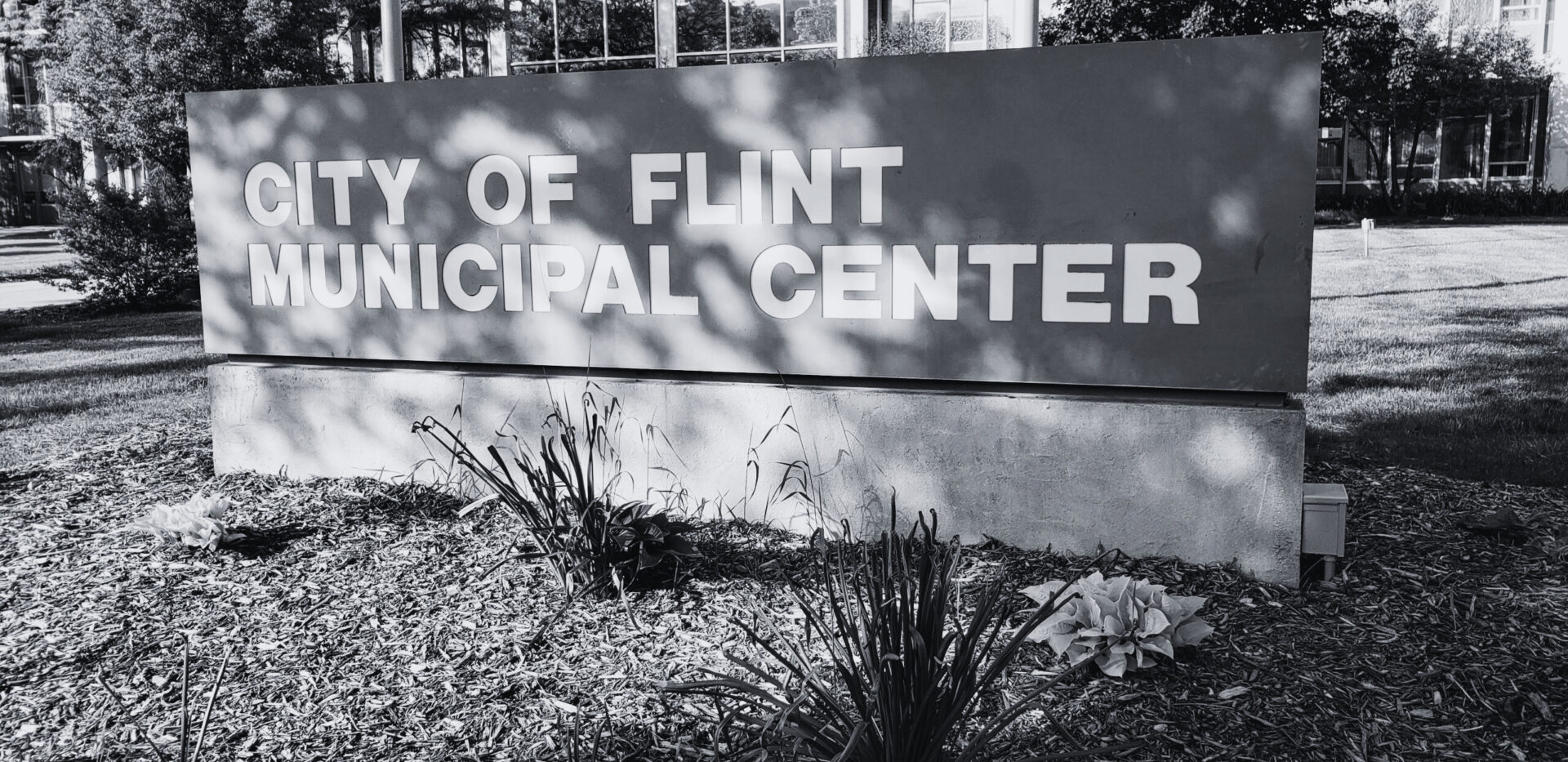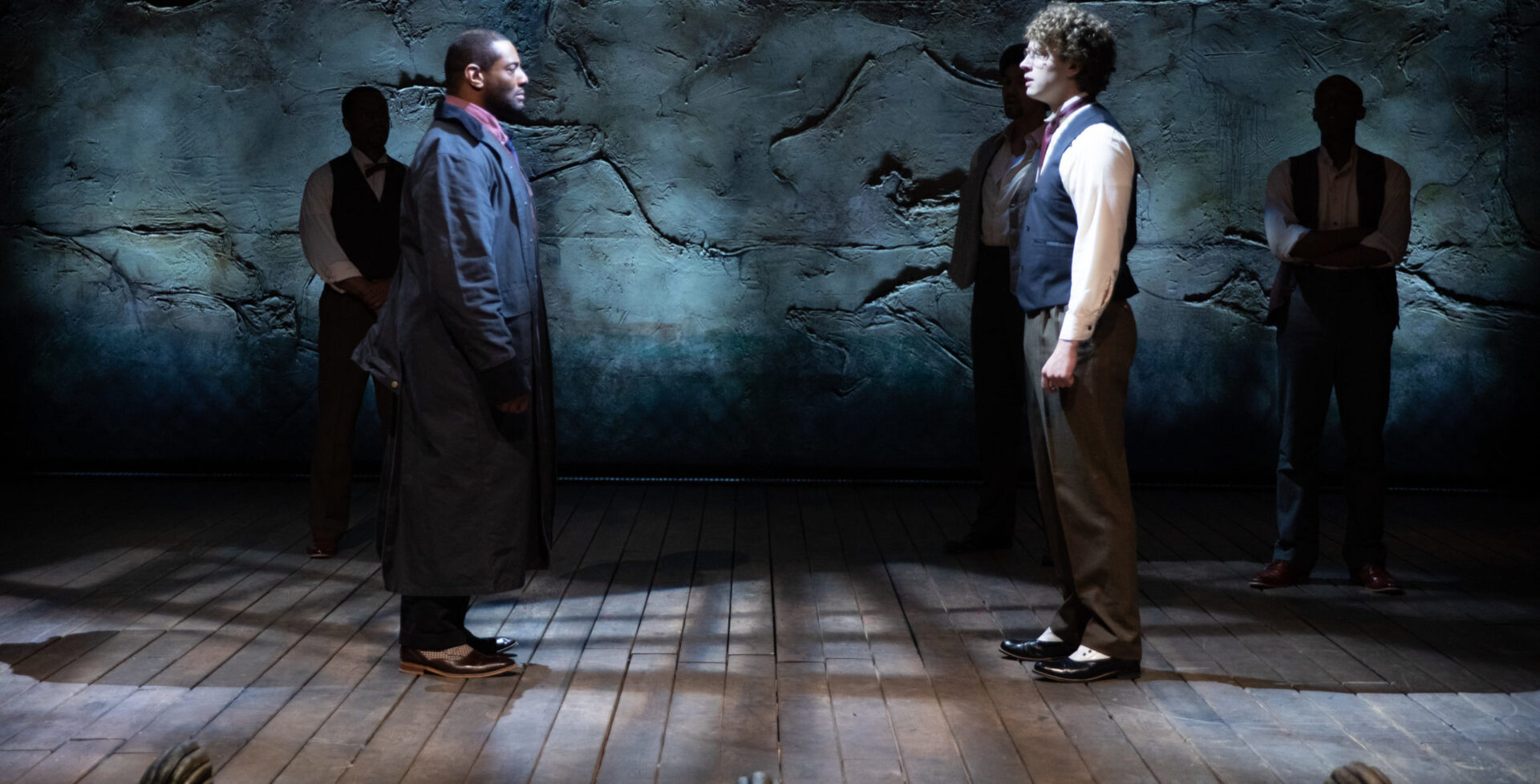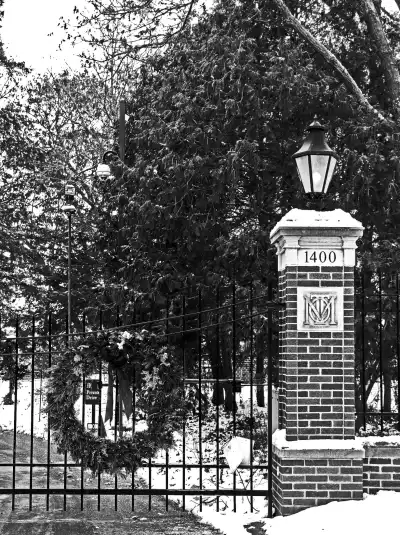By Paul Rozycki
I don’t know if the Guinness Book of World Records awards the longest series of votes by a government body that resolved nothing, but, if it does, Flint City Council should be in the running.
Within the last few months the council voted 449 times in an attempt to select a presiding officer and failed to do so, as reported by Mid-Michigan Now. It also failed to fill the vacant seat of Councilman Quincy Murphy, who passed away in late September, after 131 rounds of voting, according to Mlive.
After all those votes, the council remains divided 4-4, with no decision reached on either issue as of this writing on Jan. 1, 2025.
Following some of these votes, council members left the meeting, breaking the necessary quorum to continue the meeting. At other meetings, security threats caused some members to leave or stay away from city hall altogether, preventing any official business from taking place.
Atop all of the above, during another meeting, a fight broke out between members of the audience that required police intervention.
In a similar sign of division, nearly all of the sitting members of the council, as well as Flint Mayor Sheldon Neeley, have faced numerous recall attempts.
While perhaps we’ve become numbed as this disunity and dysfunction became all too typical of Flint politics, this ongoing division has serious implications for the City of Flint and beyond.
Flint City Council deadlock
With the death of Third Ward Councilman Quincy Murphy, the council became an even-numbered body with votes regularly splitting 4-4. That split has seemingly prevented them from choosing a new president and vice president as required by the city charter, as well as prevented the council from appointing a replacement for Murphy.
In a nine-hour meeting on Nov. 11, the council voted 345 times and split 4-4 in an attempt to select the Council president, with four members supporting Seventh Ward Councilwoman Candice Mushatt and four supporting Ninth Ward Councilman Jonathan Jarrett. Murphy had been part of the group that supported Mushatt before his passing, and his absence seems to have led to the deadlock that continued over several meetings and several months. The Nov. 11 meeting ended only when the Mushatt supporters left and there was no quorum to continue.
That same gridlock was also reflected in the repeated 4-4 tie votes to appoint a replacement for Councilman Murphy. To add to that confusion, in Flint’s Nov. 5 general election, Murphy’s name was still on the ballot, as he had been facing a recall before his passing. State officials had ruled the recall election null and void prior to election day, but the ballots had already been printed and a number of people cast votes anyway.
The public reaction
Council’s repeated deadlock has meant that much of the usual business of the body remains on the back burner to the frustration of citizen groups.
In a December letter to the Council, Flint Neighborhoods United (FNU), a coalition of neighborhood groups, wrote:
It has been deeply distressing to see the most basic of city business left on the table due to disagreements not on the policy of these resolutions, but due to other governance issues. It is clear that our council is currently divided into 2 groups of four members each, with deep disagreements and concerns about trust that are not likely to abate any time soon … As a coalition of community organizations, we are asking that in tonight’s meetings and those going forward, that issues around the election of a Council President and 3rd Ward appointment be considered in meetings, but after resolutions, ordinances, and city board appointment items in any council agenda.
What got done and what didn’t
FNU’s letter did seem to have some impact, and while the council remained deadlocked over the appointment of its president and filling Murphy’s seat, it did take action on some items last month.
It approved funds for new equipment for the fire department, additional funds for police vehicles and water line replacement, as well as completed a land sale needed for ongoing development at the former Buick City property.
Yet many issues remain unresolved.
The city has been unable to complete a number of important grants and contracts, which include a $472,000 grant dealing with Michigan State Housing Development Neighborhoods and a contract for a pipeline under the Flint River.
As its deadlock continues the council has been sued by the city’s Ethics and Accountability Board, which asked the court to require the council fill Murphy’s seat. In response, Judge Elizabeth Kelly ordered court-supervised mediation in an attempt to break the deadlock, and retiring Judge Celeste Bell has been appointed to mediate. Bell is expected to begin the process in early January.
In a further attempt to resolve the impasse, Mayor Neeley’s office moved to have an “ambassador” appointed to respond to the concerns of the citizens of the Third Ward while Murphy’s seat remains empty.
Governmental dysfunction beyond Flint City Council
Unfortunately while the focus has been on the deadlock within Flint City Council, it’s hardly unique. In our age of divisive politics and partisanship, many other governing bodies are facing similar conflicts.
In Genesee County, both the Flint Community School Board and the Mott Community College Board of Trustees have been facing deep divisions and conflicts as they try to make policy for their respective organizations.
On the state level, Democrats have had control of the governor’s office, the State House and the State Senate for the first time in 40 years. However, during the recent lame duck session, Democrats achieved less than expected because of divisions in their party and Republicans refusing to attend sessions. Those divisions may grow worse when Republicans have the majority in the State House in 2025.
Then there is the U.S. Congress. While Republicans will have a majority in both the House and Senate, it will be a very narrow majority of just a handful of seats. If the recent vote on the House speaker is any indication, there are already signs of division within the Republican Party as Donald Trump begins his second term.
The dangers of governmental dysfunction
While it’s easy to shake our heads and say “that’s just the Flint City Council,” governmental dysfunction and deadlock present more worrisome implications.
We expect the government to deliver some services, whether those be national defense, well-paved roads, or garbage pickup, and when they can’t do that we begin to distrust the whole system.
Nationally, that distrust has been growing for many decades. According to the Pew Research Center, in the mid-1960s, 77 percent of the public said they trusted the government to “do the right thing most of the time.” Today that number has shrunk to just over 20 percent. When that distrust grows, democracy itself is at risk, and it becomes more tempting to support an authoritarian leader who says “give me all the power and I will fix everything.”
As I discussed last month, there are many possible reasons for the rise of Donald Trump, but distrust in government is definitely one of them.
For better or worse, Flint may be a harbinger of many things beyond our borders: In a time when leaders have made it a habit to break with tradition and challenge norms, we had a Don (Williamson) before the nation had a Donald Trump. We had a water crisis before a number of other communities found they also had lead in their water.
While Flint has served as a prelude to a number of things beyond its borders, that also means it’s possible for Flint to serve as an example of how we might end those divisions. One hopeful sign is the action the Council took on Jan. 8 to schedule a primary election on May 6 and a general election on Aug. 5 for the Third Ward seat.
One can only hope that 2025 will bring an end to Flint City Council’s deadlock and that other governments will follow Flint’s lead and find a way to make democracy work.
This article also appears in East Village Magazine’s January 2025 issue.
Editor’s note: Since Rozycki’s original writing of this column, the Michigan State Housing Development Neighborhoods grant and the contract for a pipeline under the Flint River have been passed by Council.







